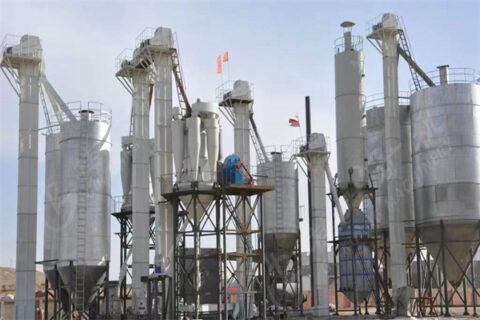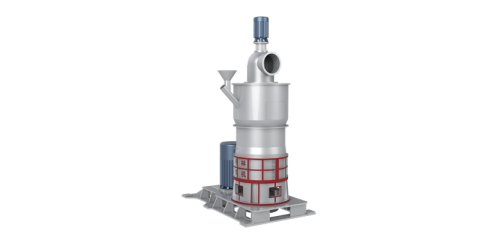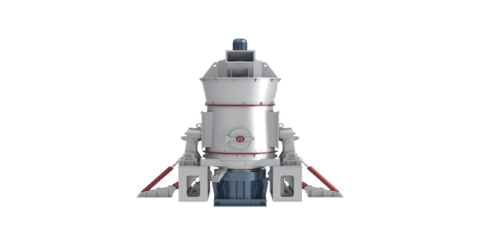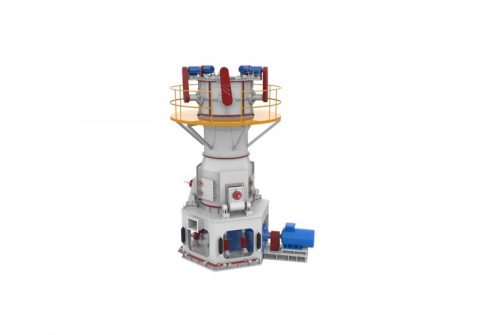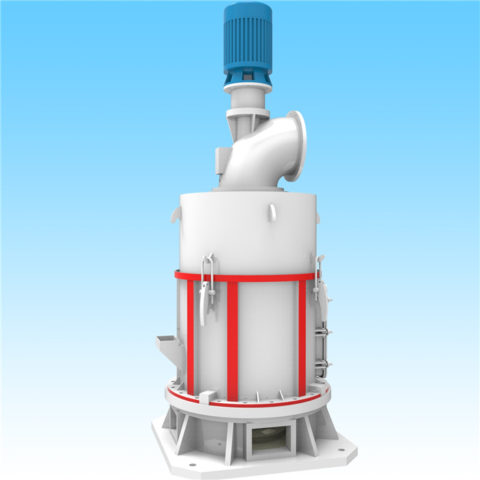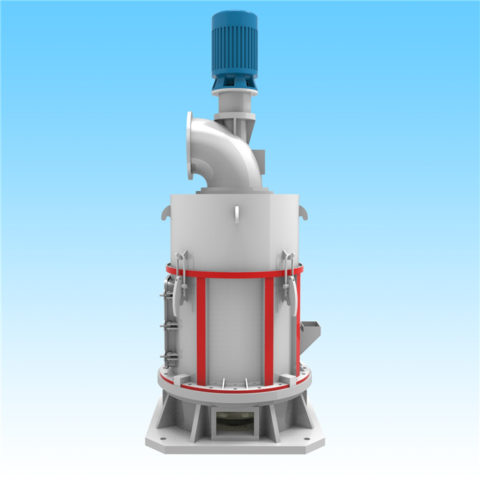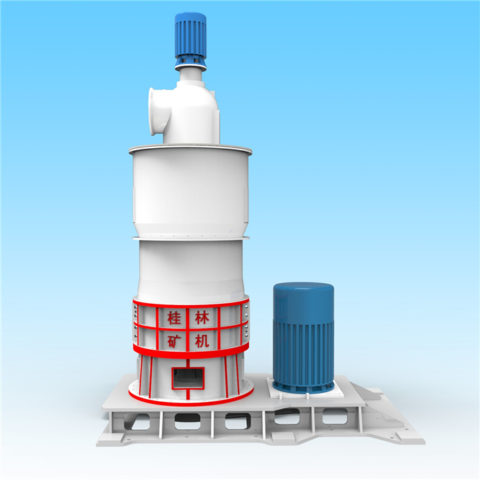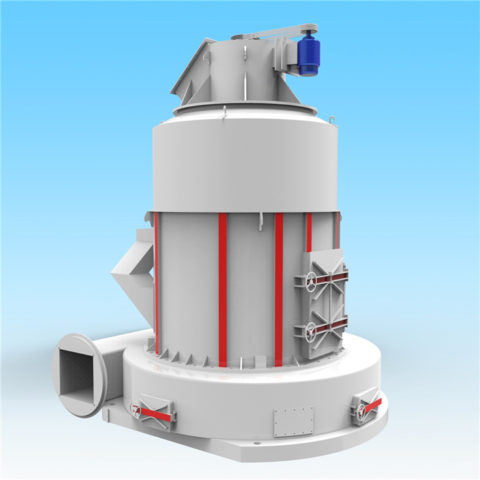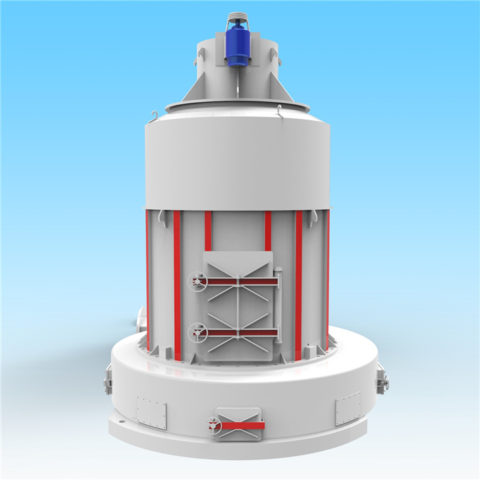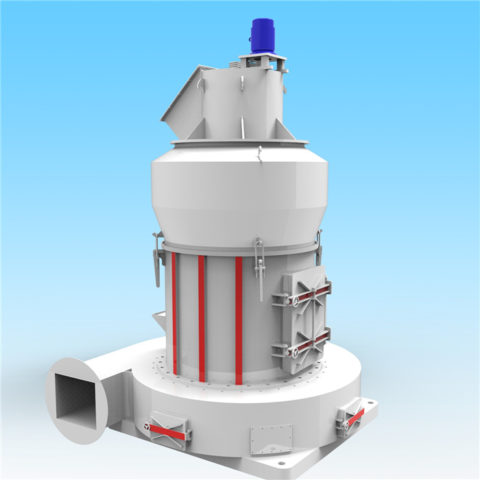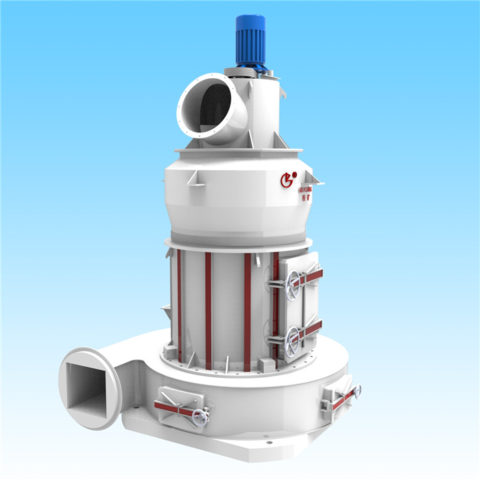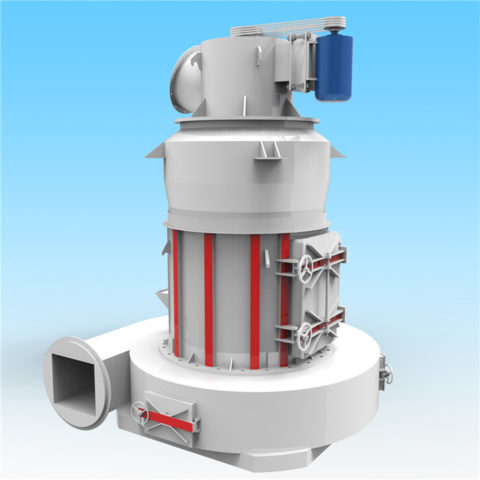Quicklime materials are generally natural rocks as the main component of calcium carbonate, such as chalk, dolomitic limestone all can be used to produce lime.
The main component of calcium carbonate’s natural rock calcined at a suitable temperature, after eliminate the decomposition of carbon dioxide, the resulting calcium oxide (CaO) as the main ingredients is lime, also known as quicklime.
Calcination of calcium carbonate to produce quicklime is the traditional production process, with the development of science, the production of quicklime used mechanized, semi-mechanized shaft kiln and rotary kiln, fluidized bed furnace and other equipment. Calcination time is correspondingly reduced, lime rotary kiln production only need 2 to 4 hours. Compared with kiln production,it can improve production efficiency more than 5 times. In recent years, the use of ultrafine mill for processing limestone improve the utilization value and scope of quicklime.
The use of limestone Grinding mill processing flow as follows: the raw limestone calcined by calcination equipment such as rotary kiln, the processed lime change into calcium oxide. Then the calcium into the mill’s host through the screw conveyor, under the joint action of the multilayer grinding rings and multiple rollers,it become fine limestone powder. Limestone powder are transported to storage silos under the action of wind, after removal equipment processing collected, lime will finish processing.
The fineness of quicklime is relatively high when using ultrafine mill, generally the fineness is 300-3250 mesh. The fineness of the mineral powder has a very high activity and significantly expanded range of applications.So it is not only used in the construction industry, but also used in the paint, plastics and rubber industries.

